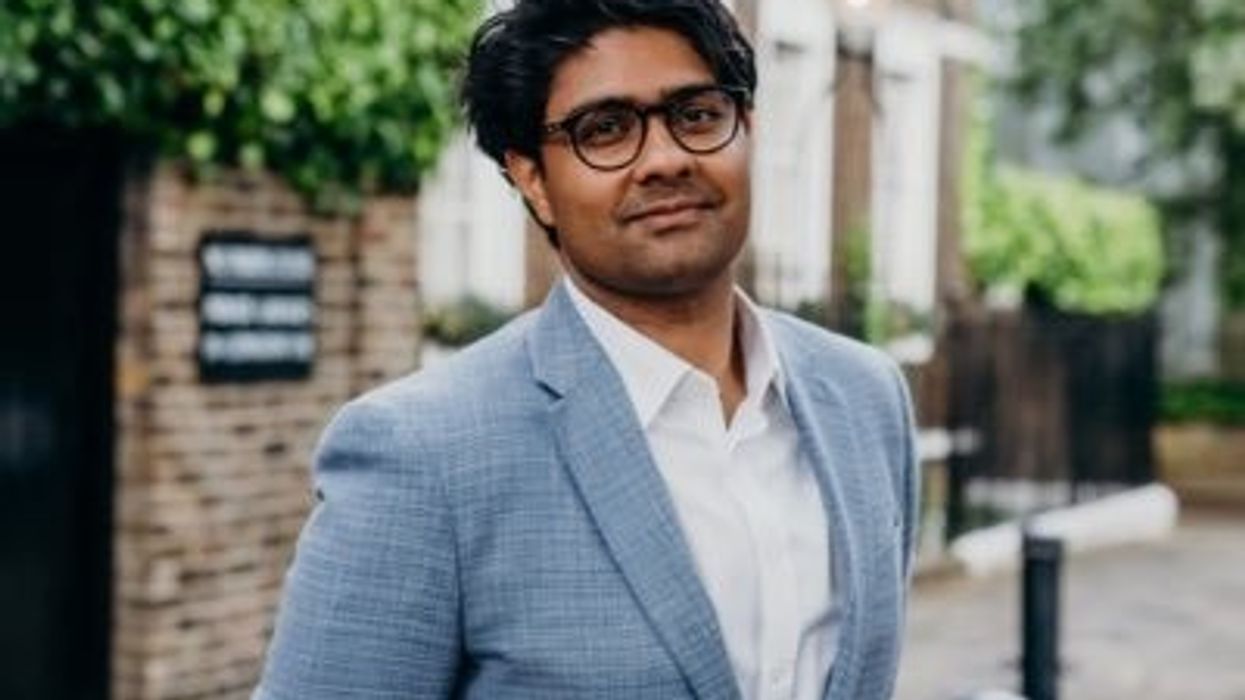GRADUATE ethnic minority voters are more likely to vote for the Conservative party, a new survey has found.
Lead researcher James Kanagasooriam, from FocalData, said the voting intentions of ethnic minority graduates is in contrast to their white counterparts. They are more left-leaning and more likely to vote Labour, although this is a relatively new development.
“The past 10 years, there has been in the UK, and particularly in England and Wales, a realignment around education levels and voting patterns,” said Kanagasooriam at a seminar in London last week.
“Proportionately, the centre-right have taken more votes from those without university degrees, and have lost substantially more voters among those with university degrees.
“Interestingly, the centre-left economist Thomas Piketty was quite suspicious about whether this was the case for minorities. Our study validated his hypothesis, which is the education curve is actually inverted for minorities.”
The survey, which was conducted by FocalData and the UK in a Changing Europe (UKICE), polled the views of 5,000 minority and non-white Britons over the course of four months earlier this year.
“This is the largest public survey done on British ethnic minorities’ voting patterns. The findings were quite consistent, but in some ways, quite startling,” said Kanagasooriam.
He was speaking at a panel discussion last Tuesday (5) held by UKICE.
Data has shown that in 2019, as in the three preceding elections, the vote share for Labour (64 per cent) among ethnic minority voters was higher than for the Tories (20 per cent).
The new survey found this pattern does generally hold, with Labour particularly favourable among Pakistani and Bangladeshi communities.
However, the vote share of ethnic minority voters between Labour and the Conservatives has begun to narrow in recent elections.
“On one level, not much has changed, but underneath the surface level, we have seen a huge amount of change,” said Kanagasooriam.
“From our survey it’s clear the Conservatives won the British Hindu group by around 10 points in 2019 – which is a massive contrast to the British Muslim community, where we estimate Labour won 72 per cent of the vote and the Conservatives were barely out of single digits.”

The new survey found that as with any group, voting patterns are affected by socio[1]economic and demographic factors.
Age and home ownership have similar effects on voting intentions among ethnic minority voters as with the white population.
Older voters tend to lean toward the Tories.
Home ownership also has the expected impact, with social or private renters leaning toward Labour, and homeowners to the Conservatives.
“The first big theme from this survey is what we call ‘the great fracture’, which is basically the idea that minority groups don’t really vote the same way. This should really be no surprise. The difference between different minority communities is pretty startling – in some cases, as wide as 40 or 50 points on voting intentions between each other,” said Kanagasooriam.
“To treat the voting patterns of ethnic minorities as homogenous, then, is to overlook the complex differences both between and within groups.
“As Britain’s minorities become a bigger proportion of the UK, the generalisations that can be made about different communities and different areas is going to reduce across time.”
Brexit had an impact on voting patterns among ethnic minorities, with a shift towards the Conservatives, the survey found. “It shows there was a very good positive blip for the Conservatives around Brexit,” said Maria Sobolewska, professor of political science at the University of Manchester, at the seminar. “Brexit has attracted many more minority voters than the Conservative party previously managed. We see that kind of appreciation that voters can revert from what we call left liberal politics and choose options we might interpret as more right-wing.”

Sobolewska said the recent diversity within the upper echelons of the Tory party, with the likes of prime minister Rishi Sunak and former cabinet ministers Suella Braverman, Priti Patel and Sajid Javid, has had a positive impact on ethnic minority voters.
“There is something about that not voting for Conservative party historically, it has been holding the party back. Either it has weakened with time and maybe with the diversification of Conservatives, or maybe the Conservatives have actually benefited from the association with Brexit in a way they didn’t even foresee probably at the time, which is the association with some of these ethnic minority voters who voted to leave the EU,” she said.
“This was really interesting, striking for me.”
The survey also revealed a generation shift in voting patterns with immigrants to the UK, along with minority voters who are fourth or fifth generation, less likely to lean towards Labour. However, ‘in between’ cohorts (second or third generation), tended to vote for Jeremy Corbyn and Labour in 2019.
“This shows that voting intentions among ethnic minority voters are malleable over time, a caveat that is often missed by aggregate analyses,” said Kanagasooriam.
According to IPOS, the current polls show Labour holds a 46 per cent share of voting intentions, with the Conservatives at 25 per cent and the Liberal Democrats at 12 per cent.
The FocalData/UKICE report noted multiple swings away from the Tories and poll leads for Labour.
However, shifts in voting intention among minorities have been much less volatile than for the white population.
Compared to 2019, polling intention for the Tories among ethnic minority groups has dropped by around four per cent, with a limited increase for Labour.
Sunder Katwala, director at the thinktank British Future, believes that the Tories have “misunderstood” ethnic minority voters.
“The big message here is that Labour and the Conservatives – they both misunderstand their own ethnic minority voters,” said Katwala.
“(Right-wing media) the Daily Mail and GB News are very interested in black and Asian voices who are very anti-woke and very right-wing. The Conservatives imagine that those are the kinds of minorities who vote.
“Those people exist, but there are probably three times as many ethnic minorities like Alok Sharma or Claire Coutinho than there are the likes of Suella Braverman.
“The Conservatives don’t think about the existence of those people, minorities who are profaith, socially conservative, pro-migration, as well. The Tories have a big opportunity with ethnic minority voters in the medium term, but they have misunderstood what that opportunity is.




